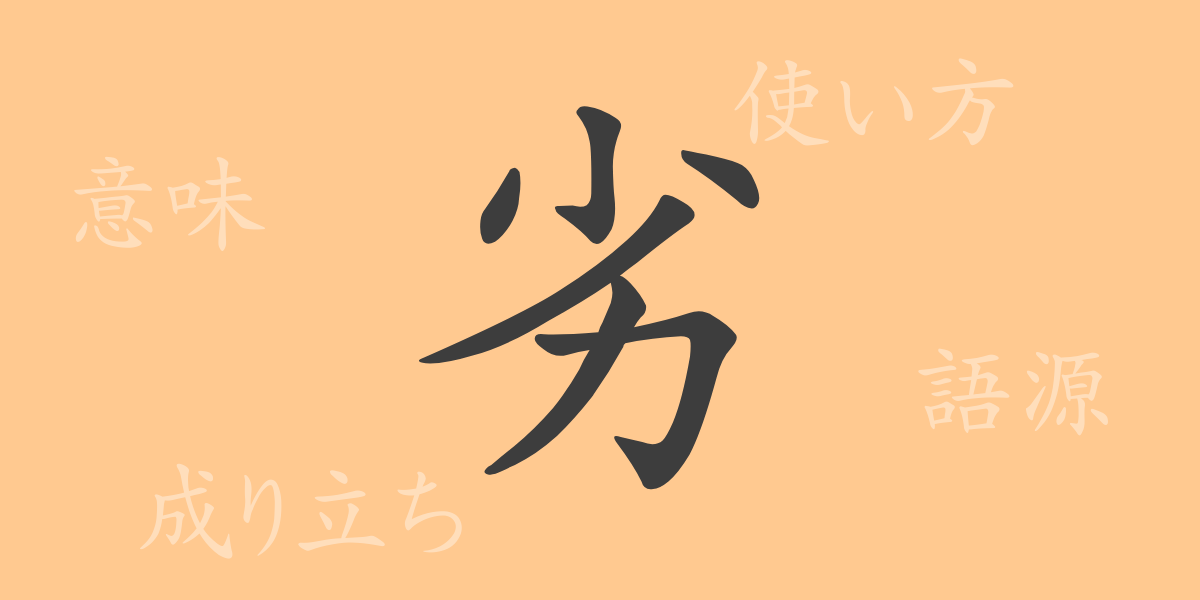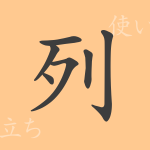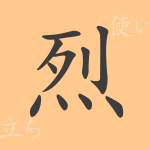The richness of the Japanese language is reflected in its characters. Among the 常用漢字 (jouyou kanji) commonly used characters, many possess profound meanings and beauty. This time, we spotlight the kanji ‘劣’ (retsu, otoru), which is often seen in daily life but whose background and details are not widely known, and delve into its charm.
The Origins of 劣 (retsu, otoru)
The kanji ‘劣’ (retsu, otoru) can be traced back to ancient Chinese oracle bone script. Originally, it derived from pictographs depicting a person walking. Over time, its form evolved, and it came to represent the concept of inferiority or being ‘lesser’ in terms of power, symbolizing people in a contest where one is inferior to the other.
The Meaning and Usage of 劣 (retsu, otoru)
‘劣’ (retsu, otoru) is commonly used as the verb ‘おとる’ (otru) or as an adjective form ‘おとる’ (otru). It indicates being inferior in quality or ability compared to something else. Additionally, it appears in words describing psychological states, such as ‘劣等感’ (rettoukan, a sense of inferiority).
Reading, Stroke Count, and Radical of 劣 (retsu, otoru)
The readings, stroke count, and radical of the kanji ‘劣’ (retsu, otoru) are as follows:
- Reading: On’yomi (音読み) ‘レツ’ (retsu), Kun’yomi (訓読み) ‘おとる’ (otru)
- Stroke count: 8 strokes
- Radical: 力 (ちから, chikara)
Common Compounds, Idioms, and Proverbs Using 劣 (retsu, otoru)
There are many compounds, idioms, and proverbs that include ‘劣’ (retsu, otoru). Here are some of the most commonly used:
- 劣等感 (rettoukan): A psychological state of feeling inferior to others.
- 劣勢 (ressei): Being in a disadvantageous position in a battle or competition compared to the opponent.
- 劣化 (rekka): The degradation of quality or the decline in quality over time.
- 劣る (otru): Being inferior in quality or degree compared to others.
Summary of 劣 (retsu, otoru)
The kanji ‘劣’ (retsu, otoru) is frequently used in contexts of comparison or competition, playing an essential role in indicating relative positions. In Japanese, through compounds and idioms, it succinctly conveys people’s emotions and states. Each kanji like this one tells of the depth and richness of expression in the language, showcasing the beauty of Japanese.

























